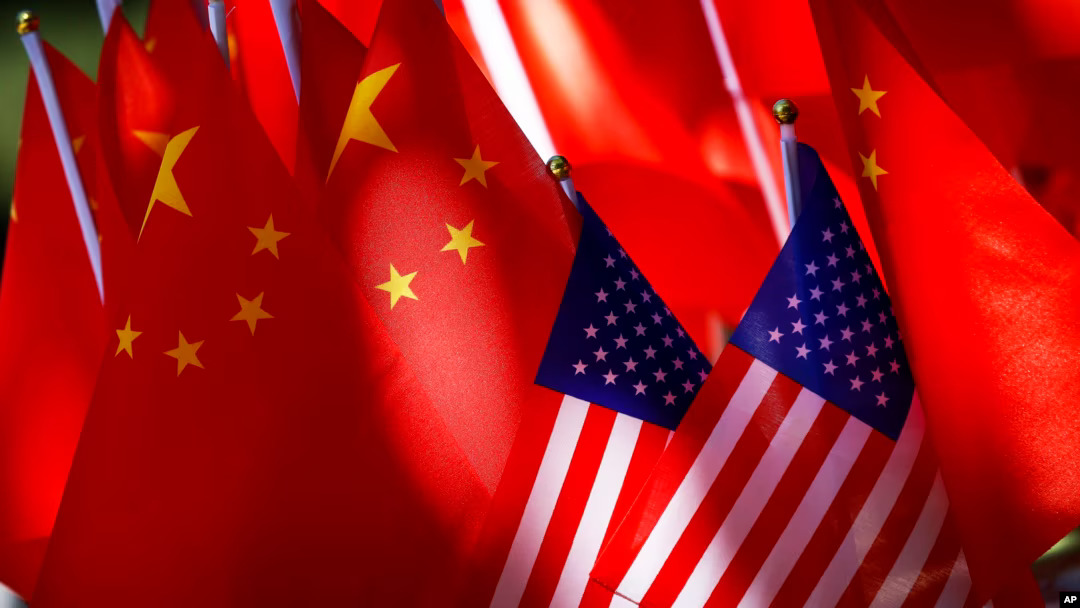With the expiration of the Science and Technology Cooperation Agreement between the United States and the People’s Republic of China looming, the State Department has stated that negotiations are underway to “amend, extend, and strengthen protections within” the agreement. However, it has refrained from confirming whether the U.S. will indeed extend the deal.
The Science and Technology Cooperation Agreement serves as a framework for governmental collaborations between the U.S. and China in science and technology. While it supports beneficial scientific collaboration, U.S. officials have acknowledged challenges posed by China’s national science and technology strategies and its domestic legal framework.
Critics, including U.S. lawmakers, have highlighted China’s restrictions on data and lack of transparency in sharing scientific findings, as well as concerns about the personal safety of American scientists traveling to China and Beijing’s potential military applications of shared research.
A report by the Congressional Research Service noted inconsistencies in China’s cooperation under the agreement, citing instances where China reportedly withheld avian influenza strains required for U.S. vaccines and cut off U.S. access to coronavirus research.
Advocates for renewing the agreement emphasize the importance of maintaining official and unofficial contacts amid strained U.S.-China relations. Panelists at a recent discussion hosted by the Institute for China-America Studies highlighted the symbolic significance of the agreement, noting that it fosters confidence among researchers on both sides.
Dean Cheng, a senior advisor to the China program at the U.S. Institute of Peace, cautioned that while the American system is more open, the agreement does not guarantee access to Chinese research for American scientists. He suggested that China could use the agreement to establish a greater presence in the U.S., potentially giving the People’s Republic of China a strategic advantage.
Originally signed in 1979 by then-U.S. President Jimmy Carter and then-PRC leader Deng Xiaoping, the agreement covers cooperation in various fields including agriculture, energy, space, health, and environmental sciences, as well as educational and scholarly exchanges.
U.S.-China science and technology collaboration saw an uptick in November 2009 with agreements on joint projects in electric vehicles, renewable energy, and the establishment of the U.S.-China Clean Energy Research Center. The agreement has been renewed approximately every five years since its inception, with the most recent extension occurring in 2018. Last August, it received a six-month extension as negotiations for amendments and strengthening of terms continued.

